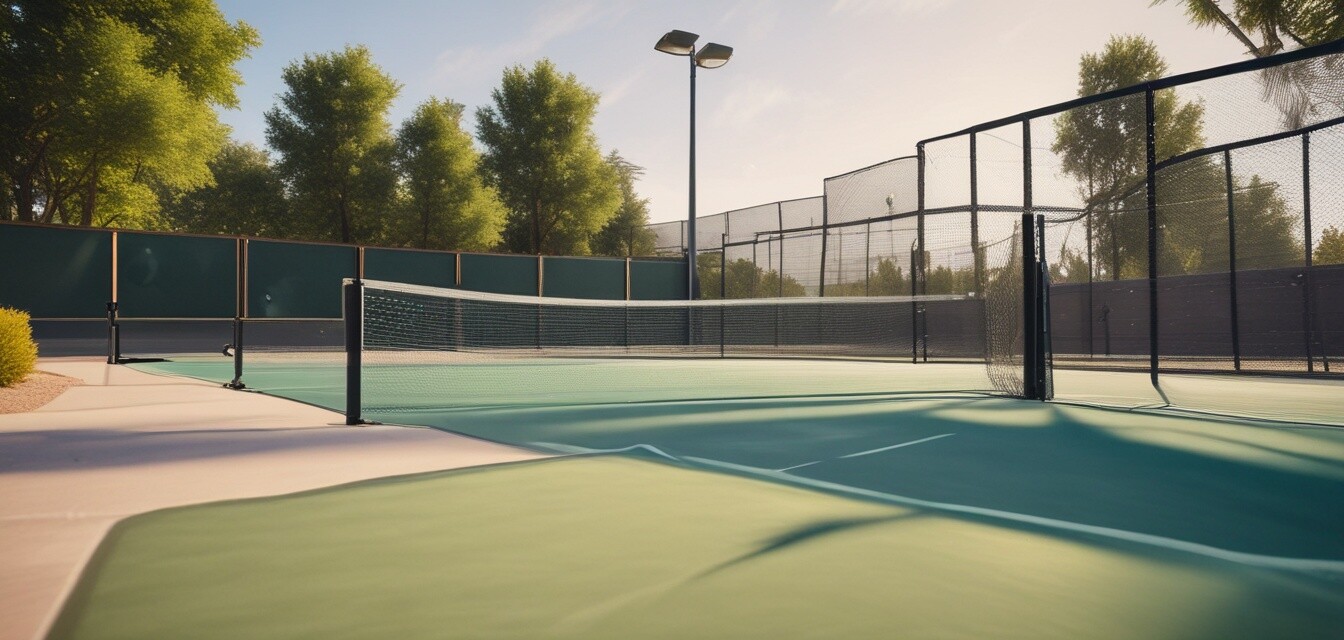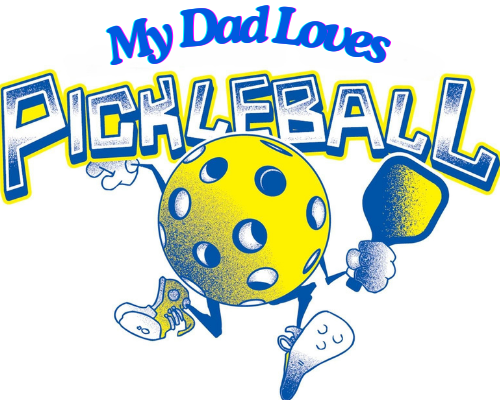
The Influence of Pickleball on Social Interaction
Key Takeaways
- Pickleball fosters community building and enhances social connections.
- It's a sport suitable for all ages, making it accessible and inclusive.
- Local and regional tournaments create opportunities for social interaction.
- The sport’s growth is supported by an emerging culture of clubs and organizations.
- Pickleball promotes teamwork, communication, and healthy competition.
In recent years, the popularity of pickleball has skyrocketed, and with it, the number of players and communities dedicated to this exhilarating sport. Not only is pickleball a fun and engaging way to stay active, but it also fosters strong social connections among players, making it a great catalyst for community building. In this article, we will explore how pickleball influences social interactions, the demographics involved, and the benefits of joining a pickleball community.
Understanding pickleball's rise in popularity
Pickleball is a unique blend of tennis, badminton, and ping-pong, which makes it appealing to a diverse range of players. The sport is played on a smaller court than tennis, using a paddle and a plastic ball with holes. This accessibility contributes significantly to its growing popularity.
Demographics of pickleball players
| Age Group | Percentage of Players |
|---|---|
| 6-17 years | 10% |
| 18-34 years | 20% |
| 35-54 years | 35% |
| 55 years and older | 35% |
The distribution of players spans across various age groups, making pickleball a sport for everyone. This diversity enables individuals to come together, share experiences, and form friendships on and off the court.
Building connections through community
One of the significant aspects of pickleball is its ability to create a sense of community. Players frequently gather in local parks, recreational centers, and clubs to play together, forming bonds over time. Here are some ways pickleball fosters social connections:
- Local clubs: Many players join local pickleball clubs, providing them with access to organized play and events, which helps develop friendships.
- Social events: Community events, like potlucks and barbecues, allow players to socialize outside of the court, strengthening relationships.
- Mixed-level play: Playing with partners of different skill levels promotes camaraderie, as more experienced players help newcomers.
- Group lessons: Participating in lessons and clinics is a great way to meet new people while improving skills.
Tournaments and social interaction
Pickleball tournaments are a vital part of the sport's culture and greatly contribute to social interaction. Both local and regional tournaments draw players from various backgrounds and skill levels, providing the following benefits:
- Networking opportunities: Players can connect with others who share their passion for the sport.
- Competitive spirit: Healthy competition helps strengthen bonds among players and their teams.
- Player support: Spectating and supporting fellow participants foster a sense of belonging within the community.
The supportive culture of pickleball
The growing pickleball community has cultivated an atmosphere of encouragement and support among players. This supportive culture encourages players to engage with one another and contributes to the following:
- Mentorship: Experienced players often welcome newcomers and provide them with guidance and encouragement, helping them feel more included.
- Promoting teamwork: Doubles play encourages communication and teamwork, allowing players to build relationships.
- Creating a culture of respect: The rules of pickleball emphasize sportsmanship, inspiring players to treat each other with kindness, regardless of skill level.
Conclusion
Pickleball has proven to be more than just a game; it’s a social experience that fosters community and connection among its players. From local clubs to tournaments, the opportunities for social interaction are abundant, allowing players of all ages to meet, bond, and support one another on and off the court. As the popularity of pickleball continues to grow, so too will the friendships and connections that flourish within this vibrant community.
Pros
- Encourages social engagement and teamwork.
- Brings together people of all ages and skill levels.
- Promotes a healthy lifestyle and physical activity.
- Creates a sense of belonging through club membership and events.
Cons
- Can be competitive, leading to pressure for performance.
- In some areas, access to facilities may be limited.
- Potential for injuries if proper precautions aren't taken.
For more insights into the ever-evolving world of pickleball, check out our latest articles in the News & Trends section.


